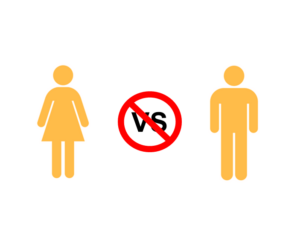Statements about the quality of management work and leadership behaviour are often based on beliefs and assumptions. In 2012 and 2017 we decided to collect and analyse data to be able to come up with better grounded observations on the actual use of people management best practices in our country.
I had an exciting experience one morning a couple of months ago. One of my customers invited me as a “special guest” to the weekly breakfast meeting of his mastermind group. In case you are not familiar with the term, here is a description.
Over the past few weeks, we had intensive discussions with clients and colleagues about how to become an excellent leader, trainer or an oustanding expert. The widespread logic suggests us that a few days training + exercising a lot is the right way to be an expert. It makes sense at first, however there are some issues with this approach. Besides the short-term impact a training provides, the whole logic is based on several false assumptions.
A few weeks ago we delivered an interactive session at MERIT Singapore, an HR conference titled Smart Learning. Agile Business. We carried out a quick on-line poll with the participants (Senior HR Managers, Talent Management and L&D professionals) to figure out if their companies apply digital tools in leadership development. 54% replied yes, while the other half of our respondents are still fully analogue in this area.
Imagine a manager with a crammed schedule (there are quite a few of them running around on planet Earth), who permanently feels rushed, and can’t sit down for weeks or even months to do what he or she finds really important. There are just simply too many urgent tasks to do and opportunities to explore.
Recently, I have read First, Break All the Rules by Marcus Buckingham one more time, where the author shared the results of several extensive Gallup research projects. In one of them, 80.000 managers were interviewed, many of whom led an organisational unit that significantly stuck out from the crowd in a bunch of relevant performance indicators.








